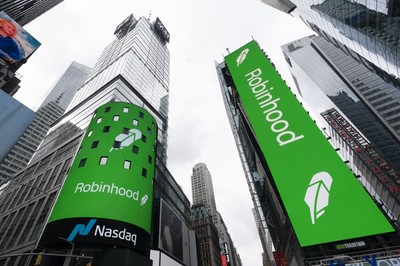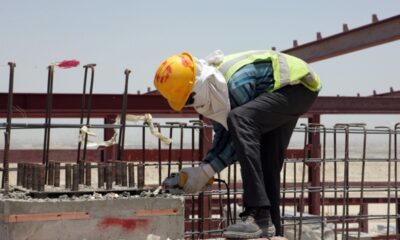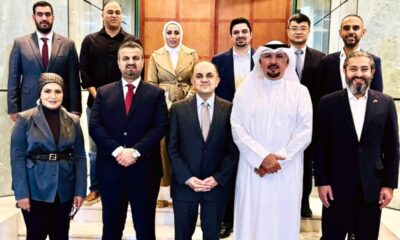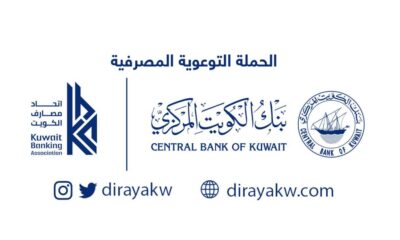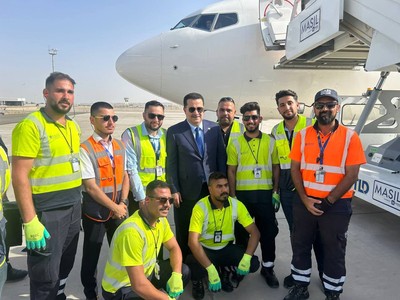NEW YORK, July 21, (AP): As cryptocurrencies become more intertwined with the traditional financial system, industry heavyweights are racing for a long-sought goal of turning real-world assets into digital tokens.
“Tokenization is going to open the door to a massive trading revolution,” said Vlad Tenev, the CEO of the trading platform Robinhood at a recent James Bond-themed tokenization launch event in the south of France.
Advocates say tokenization is the next leap forward in crypto and can help break down walls that have advantaged the wealthy and make trading cheaper, more transparent and more accessible for everyday investors.
But critics say tokenization threatens to undermine a century’s worth of securities law and investor protections that have made the U.S. financial system the envy of the world. And Robinhood’s push into tokenizing shares of private companies quickly faced pushback from one of the world’s most popular startups.
The basic idea behind tokenization: Use blockchain technology that powers cryptocurrencies to create digital tokens as stand-ins for things like bonds, real estate or even fractional ownership of a piece of art and that can be traded like crypto by virtually anyone, anywhere at any time.
The massive growth of stablecoins, which are a type of cryptocurrency typically bought and sold for $1, has helped fuel the appetite to tokenize other financial assets, crypto venture capitalist Katie Haun said on a recent podcast.
She said tokenization will upend investing in ways similar to how streamers radically changed how people watch television.
“You used to have to sit there on a Thursday night and watch Seinfeld,” Haun said. “You tune in at a specific time, you don’t get to choose your program, you couldn’t be watching a program like Squid Games from Korea. Netflix was market-expanding. In the same way, I think the tokenization of real-world assets will be market expanding.”
Robinhood began offering tokenized stock trading of major U.S. public companies for its European customers earlier this month and gave away tokens to some customers meant to represent shares in OpenAI and SpaceX, two highly valued private companies.
Several other firms are diving in. Crypto exchange Kraken also allows customers outside the U.S. to trade tokenized stocks while Coinbase has petitioned regulators to open the market to its U.S. customers. Wall Street giants BlackRock and Franklin Templeton currently offer tokenized money market funds. McKinsey projects that tokenized assets could reach $2 trillion by 2030.
The push for tokenization comes at a heady time in crypto, an industry that’s seen enormous growth from the creation and early development of bitcoin more than 15 years ago by libertarian-leaning computer enthusiasts to a growing acceptance in mainstream finance.
The world’s most popular cryptocurrency is now regularly setting all-time highs – more than $123,000 on Monday – while other forms of crypto like stablecoins are exploding in use and the Trump administration has pledged to usher in what’s been called the “golden age” for digital assets.
Lee Reiners, a lecturing fellow at Duke University, said the biggest winners in the push for tokenization could be a small handful of exchanges like Robinhood that see their trading volumes and influence spike.
“Which is kind of ironic given the origins of crypto, which was to bypass intermediaries,” Reiners said.
Interest in tokenization has also gotten a boost thanks to the election of President Donald Trump, who has made enacting more crypto-friendly regulations a top priority of his administration and signed a new law regulating stablecoins on Friday.
“Tokenization is an innovation and we at the SEC should be focused on how do we advance innovation at the marketplace,” said Securities and Exchange Commission Chairman Paul Atkins.
Securities law can be complex and even defining what is a security can be a hotly debated question, particularly in crypto. The crypto exchange Binance pulled back offerings of tokenized securities in 2021 after German regulators raised questions about potential violations of that country’s securities law.
Under Trump, the SEC has taken a much less expansive view than the previous administration and dropped or paused litigation against crypto companies that the agency had previously accused of violating securities law.
Hilary Allen, a professor at the American University Washington College of Law, said crypto companies have been emboldened by Trump’s victory to be more aggressive in pushing what they can offer.
“The most pressing risk is (tokenization) being used as a regulatory arbitrage play as a way of getting around the rules,” she said.
However, the SEC has struck a cautionary tone when it comes to tokens. Shortly after Robinhood’s announcement, SEC Commissioner Hester Peirce, who has been an outspoken crypto supporter, issued a statement saying companies issuing tokenized stock should consider “their disclosure obligations” under federal law.
“As powerful as blockchain technology is, it does not have magical abilities to transform the nature of the underlying asset,” Peirce said.
One of the most closely watched areas of tokenization involves private companies, which aren’t subject to strict financial reporting requirements like publicly traded ones.
Many hot startups are not going public as often as they used to and instead are increasingly relying on wealthy and institutional investors to raise large sums of money and stay private.
That’s unfair to the little guy, say advocates of tokenization.
“These are massive wealth generators for a very small group of rich, well-connected insiders who get access to these deals early,” said Robinhood executive Johann Kerbrat. “Crypto has the power to solve this inequality.”
But Robinhood’s giveaway of tokens meant to represent an investment in OpenAI immediately drew pushback from the company itself, which said it was not involved in Robinhood’s plan and did not endorse it.
“Any transfer of OpenAI equity requires our approval-we did not approve any transfer,” OpenAI said on social media. “Please be careful.”
Public companies have strict public reporting requirements about their financial health that private companies don’t have to produce. Such reporting requirements have helped protect investors and give a legitimacy to the U.S. financial system, said Allen, who said the push for tokenized sales of shares in private companies is “eerily familiar” to how things played out before the creation of the SEC nearly a century ago.
“Where we’re headed is where we were in the 1920s,” she said. “Door-to-door salesmen offering stocks and bonds, half of it had nothing behind it, people losing their life savings betting on stuff they didn’t understand.”

 Latest News12 hours ago
Latest News12 hours ago
 Latest News11 hours ago
Latest News11 hours ago
 Business18 hours ago
Business18 hours ago
 Business19 hours ago
Business19 hours ago
 Latest News13 hours ago
Latest News13 hours ago
 Latest News17 hours ago
Latest News17 hours ago
 Politics22 hours ago
Politics22 hours ago
 Latest News20 hours ago
Latest News20 hours ago
